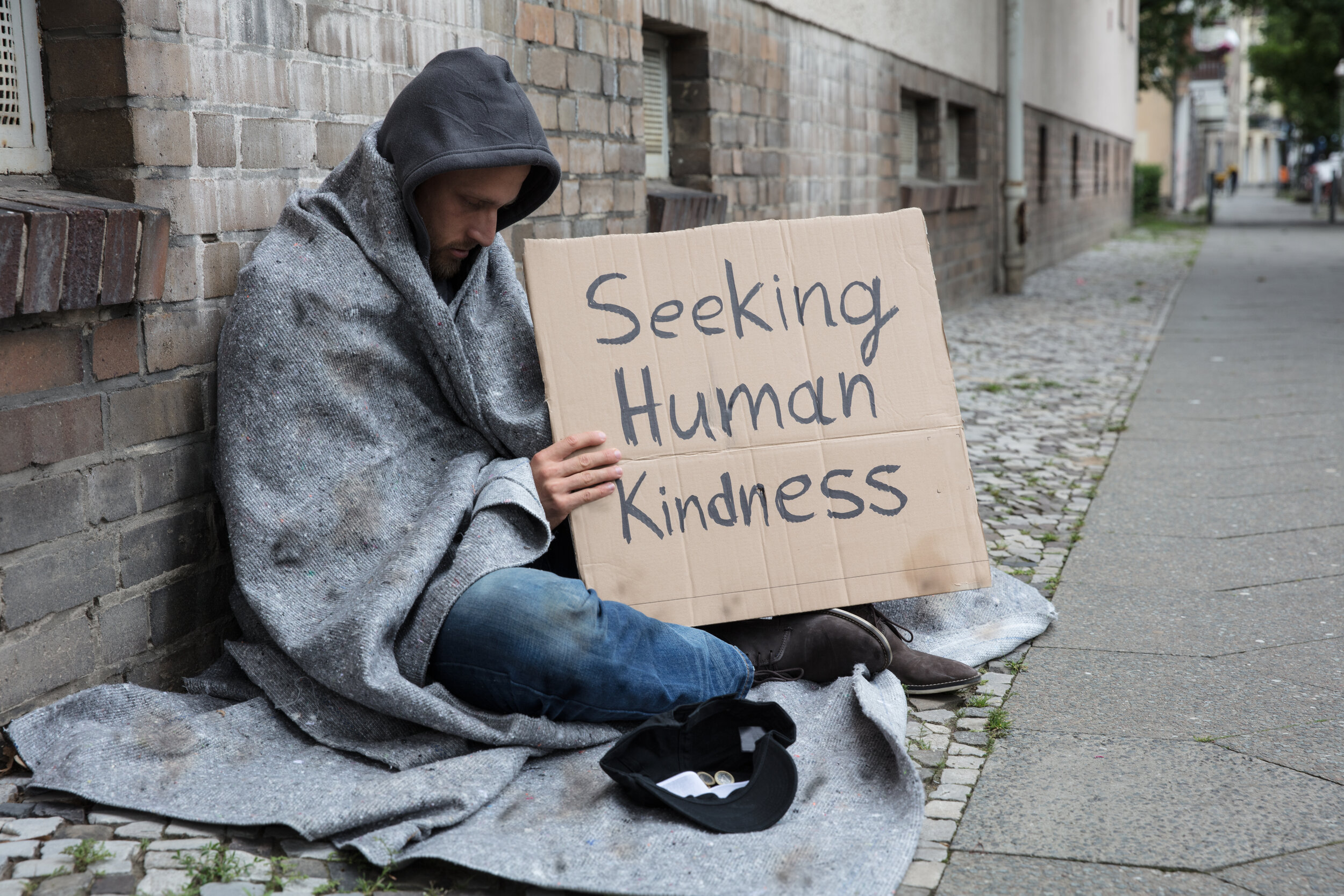By Paul Webster
David E. Geiger Writes
(Note: Paul Webster, MPP, is the former HUD Senior Policy Advisor. He now runs his own organization, Hope Street Coalition, which addresses homelessness, mental illness, and addiction. – DG)
Dear David,
Two exciting studies, polling data, and a plan by a California District Attorney all point to taking a different approach to homelessness, mental illness, and addiction. As more and more individuals and communities realize the link between these complicated issues, the greater the opportunity to change policy and stop the suffering on the streets.
I trust these items will inform and inspire as we advocate to reduce homelessness and treat and house those with mental illness and addiction.
Mental Illness Cost Studies
Two significant studies have recently been released addressing the issues and consequences of mental illness. The first is the Arizona State University / ACMI study illustrating the costs savings of providing appropriation housing for the unhoused mentally ill. The second study by Schizophrenia and Psychosis Action Alliance (S&PAA) (https://sczaction.org) demonstrates the costs of inadequate laws, policies, and siloed system of healthcare for those living with schizophrenia.
Both studies do an excellent job of tracking down costs and connecting them to the bad policies that limit access to treatment, care, and appropriate housing that often increase costs and exacerbate the challenges of mental illness, addiction, and homelessness. These studies demonstrate that more data is desperately needed to better understand the impact of existing policies and broken systems and advocate for change.
In Housing Is Healthcare; The Impact of Supportive Housing on the Costs of Chronic Mental Illness, by Arizona State University Morrison Institute for Public Policy, the authors demonstrate that “the financial costs of individuals with CMI in permanent supportive housing were 28.7% lower than individuals with CMI experiencing chronic homelessness.” It should be noted that “permanent supportive housing” in this study is not the same as PSH as provided by homelessness continuums of care. The housing in the study provides affordable housing with high levels of in-home support that individuals with chronic symptoms need to stabilize and recover.
The study “Societal Costs of Schizophrenia and Related Disorders” by S&PAA reveals that schizophrenia had an estimated cost of $281.6 billion in 2020. The costs estimates focused on health care, incarceration, supportive housing and homelessness. With such high costs, it's incumbent on decision makers to reconsider how schizophrenia and other serious mental disorders are treated and what can be done to save and improve lives while reducing costs.
LA Alliance for Human Rights
Los Angeles is the epicenter of unsheltered homelessness in the United States hosting more than 25% of the nation’s unsheltered population. It’s so bad a federal judge, David O. Carter, has ordered the City and County of Los Angeles to provide shelter for the more than 5,000 unhoused inhabitants of Skid Row. Judge Carter also ordered the county to provide 1,500 sub-acute treatment beds for the unhoused mentally ill and addicted.
Judge Carter’s order is under appeal by the LA City and County and Hope Street Coalition has joined the LA Alliance for Human Rights to fight the status quo. Hope Street submitted a friend of the court brief supporting Judge Carter’s order to add sub-acute beds and criticizing the City and County for solely investing in permanent supportive housing at the expense of those suffering on the streets. To find out more, visit the LA Alliance for Human Rights webpage.
District Attorney’s Five-Point Plan on Homelessness
Yolo County, California District Attorney Jeff Reisig is promoting a 5-Point Plan to Reduce Homelessness that includes recommendations to provide more treatment for mental illness and drug addiction. His plan includes: 1) mandated treatment for addiction, 2) expanded conservatorship laws, 3) permanent drug and mental health courts, 4) secure treatment-focused sanctuaries, and 5) drop-in support centers for those on the path to recovery.
Hope Street is supporting this plan as a blueprint for treatment-centered reform that will reduce the suffering on the streets, save lives, and assist communities. Check out the plan at the Yolo County District Attorney’s website.
Arizona Poll
A recent poll in Arizona continues to demonstrate the belief that government interventions on unsheltered homelessness are falling short. In the survey of registered voters in Arizona, people expressed their opinions that homelessness is getting worse, their desire for cities to ban street camping, that shelters should require participation instead of expensive permanent supportive housing efforts, and that reducing homelessness should be a priority for candidates running for elected office.
This poll supports similar polls in Los Angeles that demonstrate that homelessness is a top concern among all voters and that the majority of voters want their elected leaders to fix homelessness and clean up streets and neighborhoods.
Be A Part of the Impact!
To keep the drumbeat of reform and policy change rolling, please consider supporting Hope Street Coalition. Our work of raising awareness and advocating for change can't happen without you. Please visit the Hope Street Donation Page and make a tax deductible gift.
Onward!
To read more articles, access David Geiger’s blog at www.davidegeiger.com
Read Goodreads reviews of In the Matter of Edwin Potter at www.davidegeiger.com
Read the preview at In the Matter of Edwin Potter: Mental Illness and Criminal Justice Reform: Geiger, David E.: 9780692797822: Amazon.com: Books
YouTube video: https://www.youtube.com/watch?v=zXTtUecRTLU&t=3s
IMOEP is available at Amazon, Goodreads, Barnes & Noble, and www.davidegeiger.com
David Geiger is a licensed and retired professional electrical engineer who spent 7 years in psychiatric hospitals and over 40 years since 1979 in the courts as a result of his schizophrenia.
